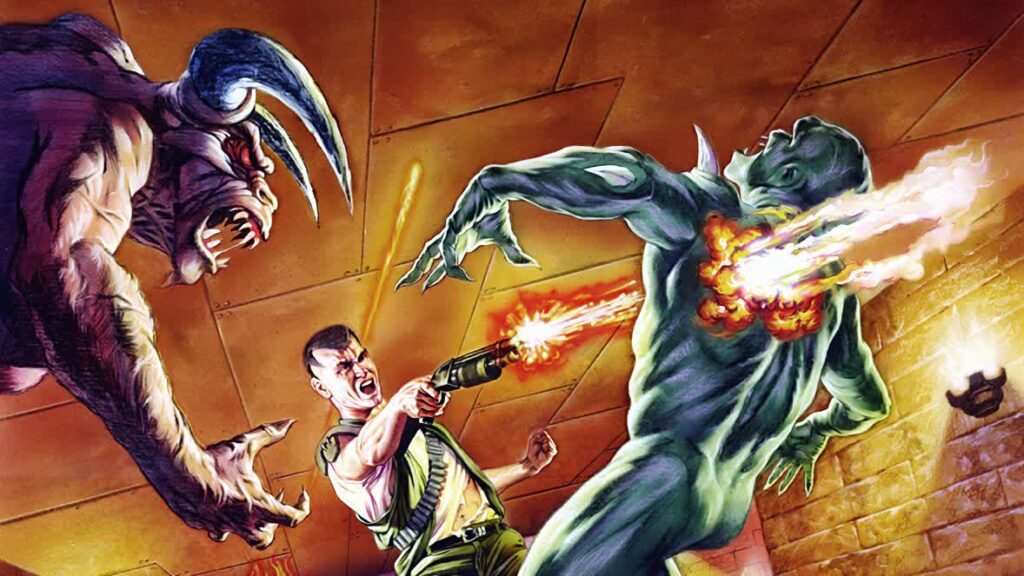TL;DR: The original Doom received numerous console ports during the 1990s, but the PlayStation version stood out. While it didn’t perfectly replicate the original PC experience, some fans still prefer its unique visual style and music. Fortunately, modders have brought the PS1 editions of Doom and Final Doom to PC with modern quality-of-life features, multiplayer, and mod support.
A recent trend in modding involves reverse engineering classic console games to play them on various platforms without resorting to emulating the original console. While Doom is already an iconic PC game, the version released on the original PlayStation holds a special place in the hearts of many fans.
The PlayStation received one of the most competent ports of Doom, making it the most popular console for the game. Certain decisions, such as replacing the original PC music score with a more serious ambiance, darkening the color palette, and using different audio for the weapons and enemies, significantly altered the game’s tone. Some might argue that these changes brought Doom closer to its original horror inspirations.
Oh shit, you can switch rendering mode on the fly! pic.twitter.com/LbcMcTfkDD
– �”��*��*’�*��*��*��*� �*��*��*’�*��*��*��*��*��’� (@dosnostalgic) April 14, 2024
Even as id Software’s modern Doom conversions faithfully recreate and enhance the original PC experience, nostalgia for the unique PS1 edition remains widespread. Previously, approximating that version’s atmosphere on other platforms was only possible through a complex cocktail of GZDoom mods. However, modder BodbDearg’s project, called PsyDoom, simplifies the process significantly.
The backport, available on GitHub, converts the original PlayStation code to C++, enabling native compatibility with Windows, macOS, or Linux. The result is so accurate that it recreates four playthroughs of the PS1 version using stored inputs.
Although PsyDoom is playable at the original 90s resolution and framerate, it also supports modern resolutions and high framerates through a Vulkan renderer. Installation requires the data from a PS1 copy of Doom or Final Doom,the latter of which is also playable.
Additionally, a guide explains how to mod the port, insert IWAD files, use the level editor, and remove the original engine’s limits. Multiplayer is available through TCP link cable emulation, which requires very low latency.
For those interested in PS1 Doom’s soundtrack, an enhanced version is available for purchase on Bandcamp. This unique audio setup also appeared in Doom 64, an entirely original game that later received an unofficial PC source port, followed by Nightdive Studios’ official conversion.
Decompiling source code has led to unofficial ports of many other classics, including numerous Nintendo games, as well as Tomb Raider and Wipeout.

